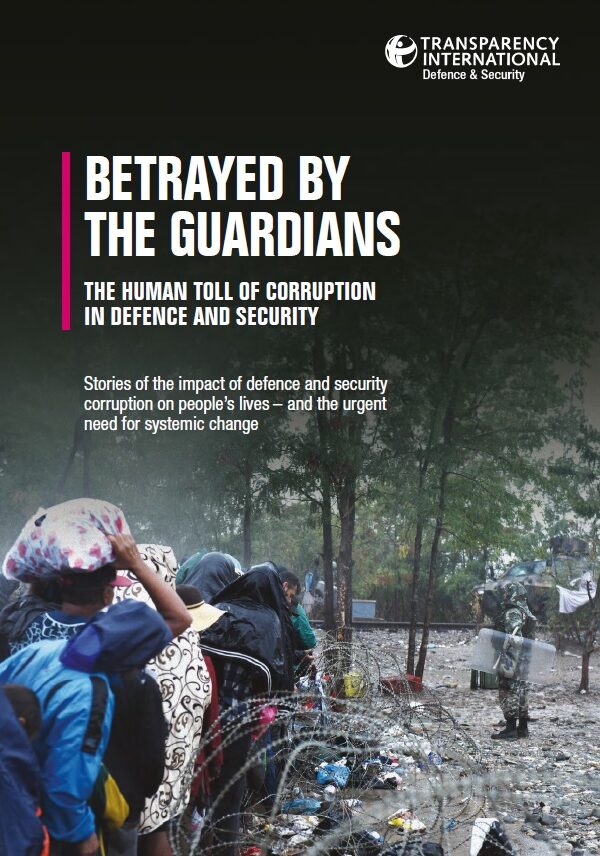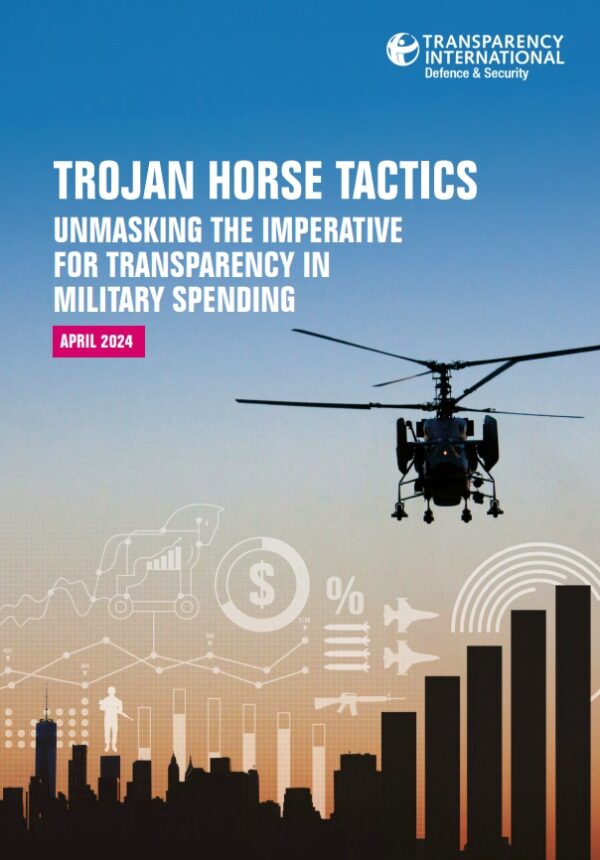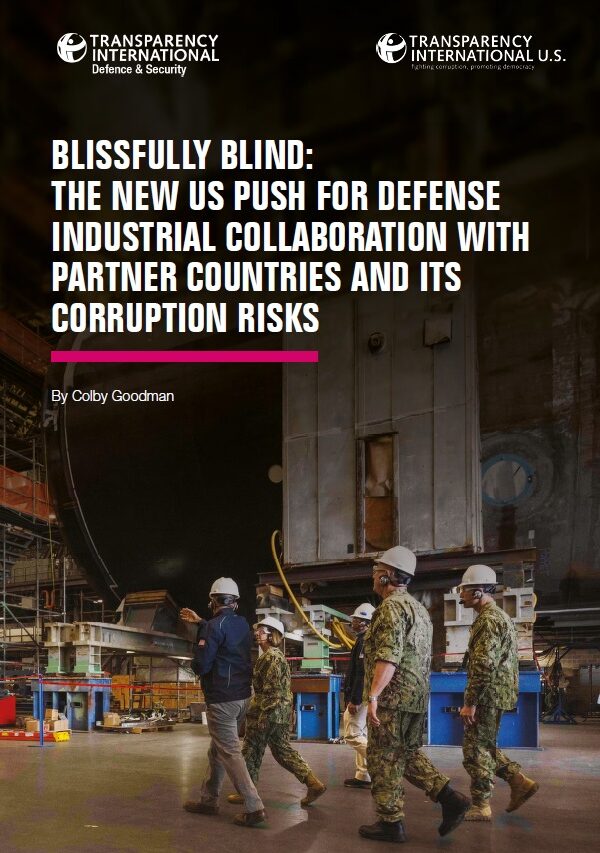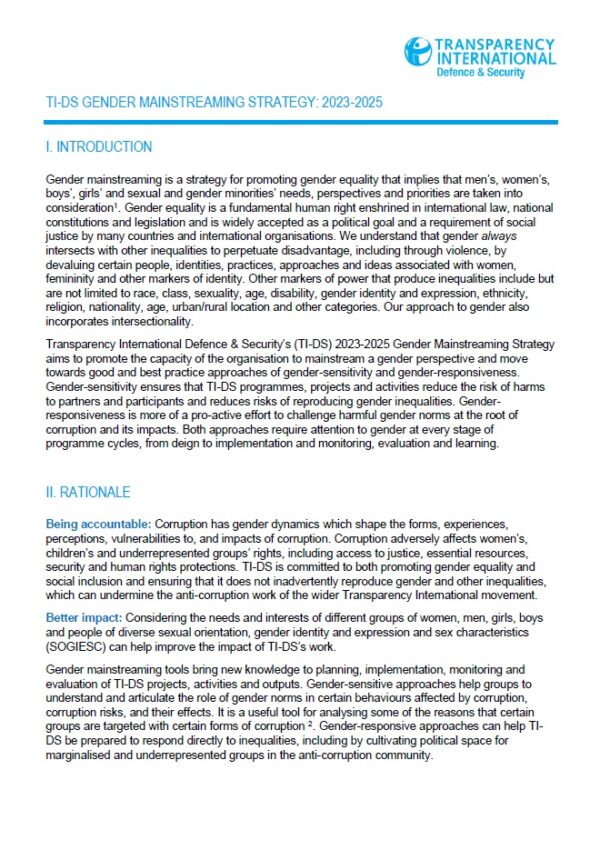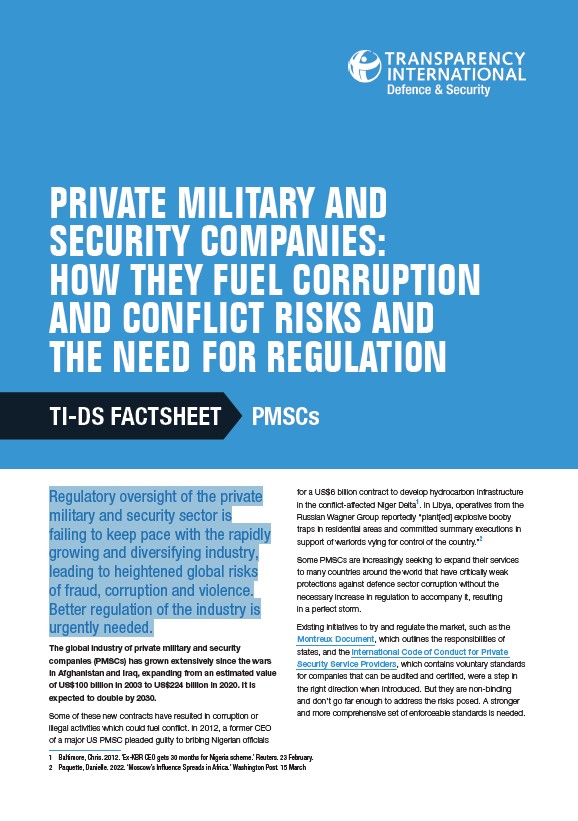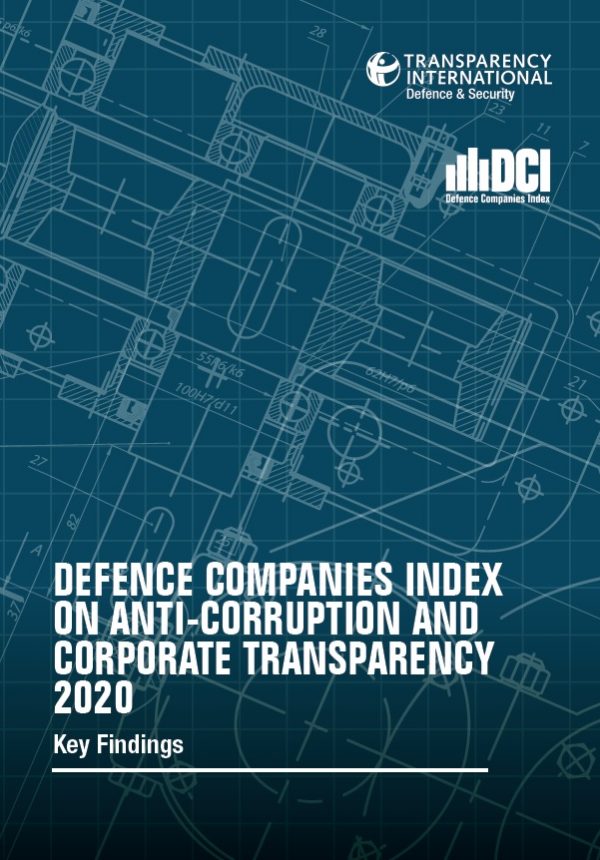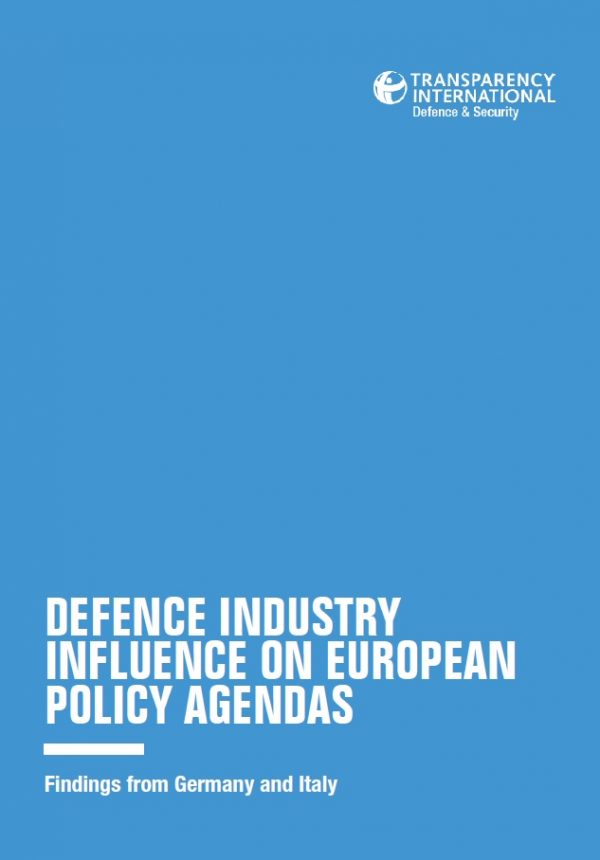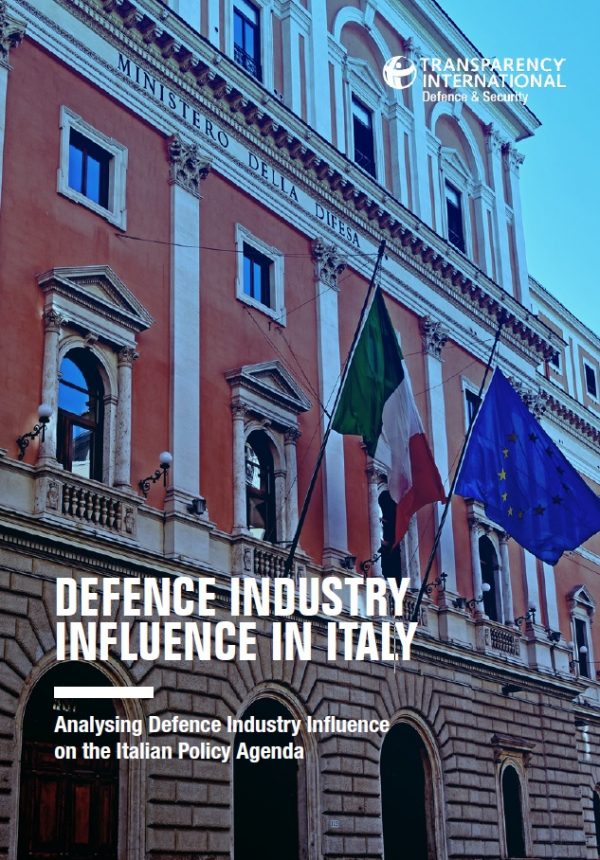Defence Industry Influence on European Policy Agendas: Findings from Germany and Italy
The risks and impacts of inappropriate influence in the policy-making process, in which individuals or organisations try to persuade in favour of, or force their own agenda, are particularly significant in the defence and security sector. In this context, high levels of secrecy and complexity, combined with close relations between government, private experts, and the defence industry, converge to create a potentially fertile ground for private interests to thrive. Yet when individuals, groups or corporations wield disproportionate or unaccountable influence, this undermines the public good and public funds may be squandered.
This situation is further complicated by the different roles a government plays with respect to its defence industry, being simultaneously both the main customer and the main regulator. Because the government is reliant on the national defence industry for the fulfilment of one of its core obligations – providing defence and security for its citizens – it is easy to see how lines in the relationship between the two roles can easily become blurred. If unchecked, the influence of the defence industry can damage the integrity of state institutions and distort the aims of a national security strategy, while undermining market competition and good defence sector governance.
This paper presents the main findings from two case studies on the influence of the defence industry on the defence and security policy agendas of Germany and Italy. The aim of the studies was to identify pathways of potential undue influence and to make proposals for a more ethical relationship between the defence industry and policy-making entities. This paper provides a summary of the main findings from each study and presents a preliminary framework for understanding the factors that drive the exploitation of these pathways of influence.
Download Publication as PDF